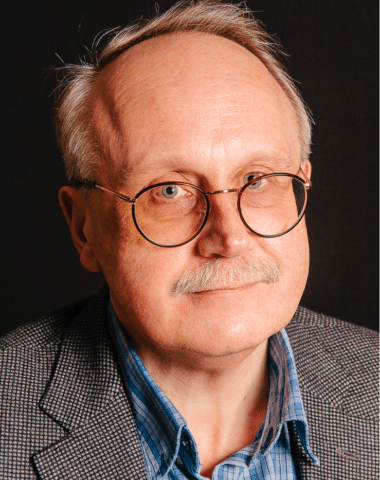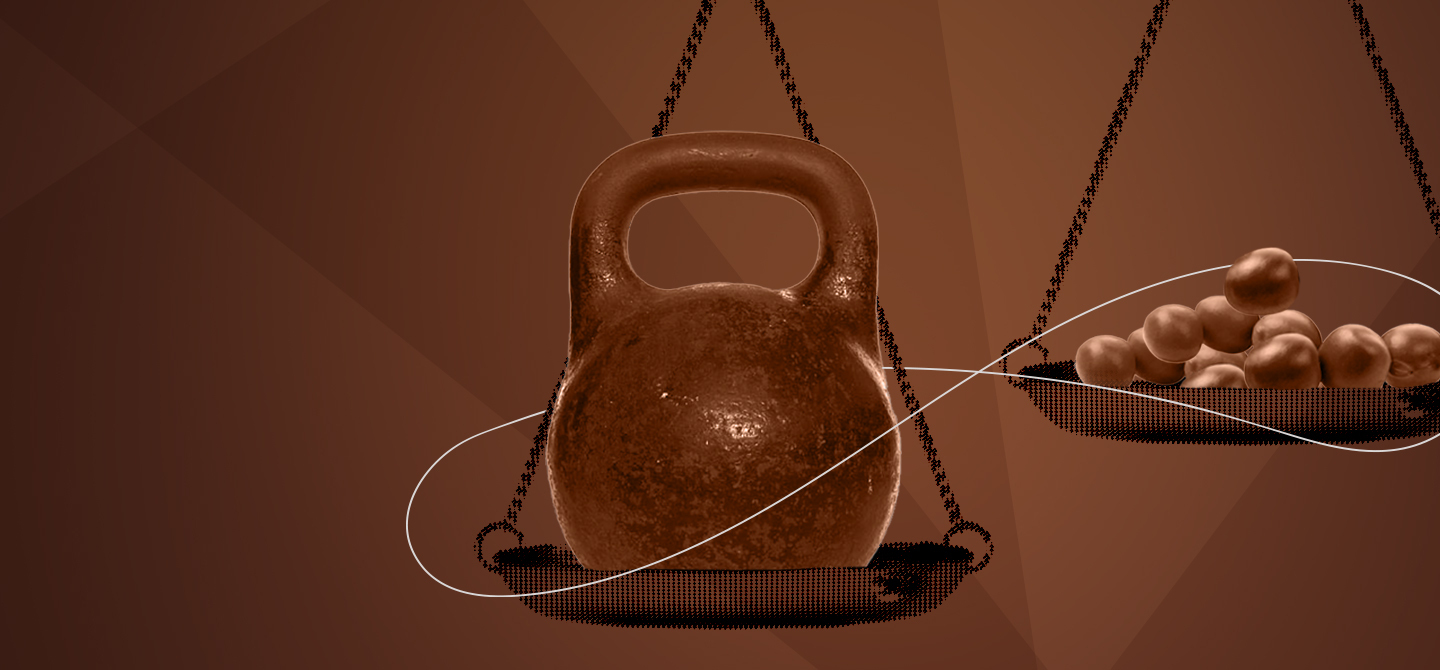Mistrust of science or distrust in democracy?
- 82% of French people trust science, according to the Political Trust Barometer published in January 2022.
- However, this figure drops to 68% when it comes to scientific experts advising the government, and to 42% for the government alone.
- According to the conclusions of these results published by SciencesPo, distrust of science is mainly due to citizens’ distrust of political institutions.
- This mistrust is particularly prevalent among voters of populist parties. 66% of the voters of the Rassemblement National surveyed, for example, believe that “common sense is often more useful than scientific knowledge”.
Science has retained its credibility…
The Centre de recherches politiques de Sciences Po (CEVIPOF) has been running the Political Trust Barometer, since 2009. This academic survey examines trust as a socio-political issue. It is used to assess confidence of the public in political and social institutions – such as science – particularly in the context of the Covid-19 outbreak. The relationship between science and politics, in the broad sense, helps us to question public opinion through the lens of social structures, cultural representations or political anthropology.
Science is a social institution, just like family, education, the law or the military. But, in France, it is also linked to republicanism. The idea of the Republic rests on a positivist philosophy, meaning a world of public action and political debate steeped in science. The aim is to lead a reasoned debate, on the basis of experimentation or, at the very least, scientific reasoning. Due to this approach, the French Republic differs from other democratic regimes, such as the US democracy, which revolves more around community values. The French Republic is intended to be universal in nature, and to that end it draws on scientific rationality. Therefore, the issue of science is fundamental.
The health crisis illustrated this fact very well. Scientific discourse is borne by different actors: scientists, experts who pass on scientific knowledge in a regulatory and political context, science communicators and broadcasters (social networks, news channels). It also involves different sources of information, including statistical indicators provided by the government, scientific publications, and other scientific content.
…except when it is associated with power
The latest waves1 of the Barometer show that pure science remains a very trustworthy institution, with a global trust rate of 82%, second only to hospitals (83%) and before the military (76%) or the police (72%). However, when you get into specifics it appears that the more a scientific institution gets closer to the government the more trust declines. For sources of information on the health situation, trust placed in doctors is 91%. It decreases to 68% for scientific experts advising the government and drops to 42% for the government alone2.
Scientific activities are tainted by the feeling of mistrust towards the government. Lack of confidence in the official message also affects experts and official statistics. A democratic malaise leads to scepticism towards any speech related to the Covid-19 outbreak, including its evolution, preventive measures, or vaccination policy.
In France, democratic malaise is rooted in the rise of populism, meaning the opposition between people and elites, the latter including scientists. There is mistrust in authoritative speech. But populism is not homogenous, right-wing populism is not the same as left-wing populism. If mistrust in science increases with populism (only 36% of populists strongly supported science in 2020), its reasons are rooted in the political side.
Left-wing populism is particularly observed in people close to the political party France Insoumise, for example. They claim to be anti-establishment, express anti-government opinions, but value science and are in favour of education and research. Trust issues arise when science is intertwined with private interests or when it is used to design dubious or suspicious technologies. From their point of view science is tainted by private interest and corruption.
Right-wing populism mostly involves voters from the Rassemblement National. This political party is also associated with a rejection of elites and governmental institutions. But mistrust in science is based more on affect, common sense or tradition. Thus, 66% of respondents estimated that “common sense is often more useful than scientific knowledge”. Abstraction, scientific reasoning and rational debate are thus a source of distrust. We observe, for example, that statistical reasoning is rejected and replaced by the perception of immediate reality or chance. Science is considered to be an institution fabricated by “savants”, which leads to an artificial social divide.
The health crisis did not change this observation. The comparison between studies of 2018 and 2020 shows that democratic malaise has been transposed to the field of health. The Covid-19 crisis merely confirms, or even amplifies, the fracture between those who adhere to scientific rationality and those who reject it. And this phenomenon seems to feed conspiracy theories.
Furthermore, the previous wave of the Barometer shows that even the decrease in vaccine hesitancy is not linked to changes regarding trust in institutions. The wider acceptance of the vaccine – which now covers 65% of participants – is only motivated by the wish to return to a normal life (the first answer for 45% of respondents favourable to vaccination). The popular categories believe that they are “protecting themselves” whereas upper classes feel that they are “protecting others”.
However, the government is unable to capitalise on the relative success of its vaccination strategy. The mistrust in political decisions is deep, regardless of accomplishments. Mistrust is spinning and this casts doubt on all the evaluation mechanisms of government policies.
And this situation is specific to France. Even though populism also exists in Germany or in the United Kingdom – countries in which we led comparative surveys – they are seeking more direct actions from their citizens in order to improve representative democracy. In France, they are a rejection of the existing political system. This situation also explains the significant amount of abstention, and the greater suspicion towards scientific expertise in France.















